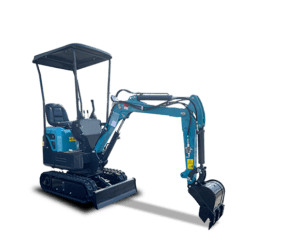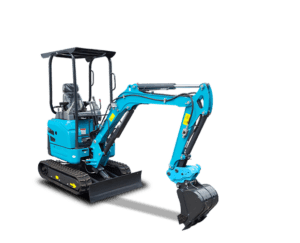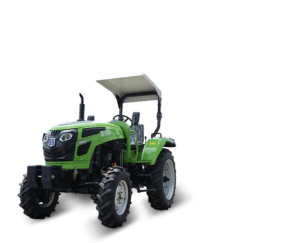Shandong Qilu Industrial Co., Ltd.
Concepteur et fabricant leader mondial d'excavatrices, de chargeuses et de tracteurs agricoles
catégories de produits de machines qilu
Vous proposer une solution raisonnable
Shandong Qilu Industrial Co., Ltd. est un fabricant et exportateur professionnel intégrant le développement et la production de mini-pelles, chargeurs et tracteurs. Nous fournissons le meilleur service, absolument.
Service de pré-vente
Service après-vente
Contrôle de qualité
À propos de nous
Lire la vidéo Qilu
ODM/OEM/VENTE EN GROS
Lire la vidéo du produit
EXCAVATRICE / TRACTEUR / CHARGEUR
Spécialiste en
Pelle / Tracteur / Chargeur
Nous sommes un fabricant et un exportateur professionnels intégrant le développement et la production d'excavatrices, de chargeurs et de tracteurs.
Affichage vidéo de fonctionnement
Sur YouTube, nous avons des vidéos de commentaires de clients, des vidéos de différents modèles d'excavatrices, de tracteurs, de chargeurs. Le tout diffusé sur YouTube.
Informations en vedette
Petits tracteurs : grandes performances, taille compacte
Découvrez comment les petits tracteurs offrent de grandes performances dans des espaces restreints. Idéal pour les fermes, l'aménagement paysager et plus encore.
Tracteurs compacts : votre partenaire agricole idéal
Découvrez la puissance des tracteurs compacts pour l'agriculture, l'aménagement paysager et les travaux agricoles quotidiens. Apprenez à choisir, utiliser et entretenir votre partenaire agricole idéal.
Choisir le bon équipement agricole pour tracteur
Choisir le bon équipement agricole pour tracteurs implique de comprendre les tâches, le terrain, le cycle de production et les objectifs à long terme.
Contactez-nous aujourd'hui !
Une question, un devis ou une demande ? Cliquez sur le bouton pour envoyer le message.
Qilu Industrial sera toujours là pour vous aider.


















